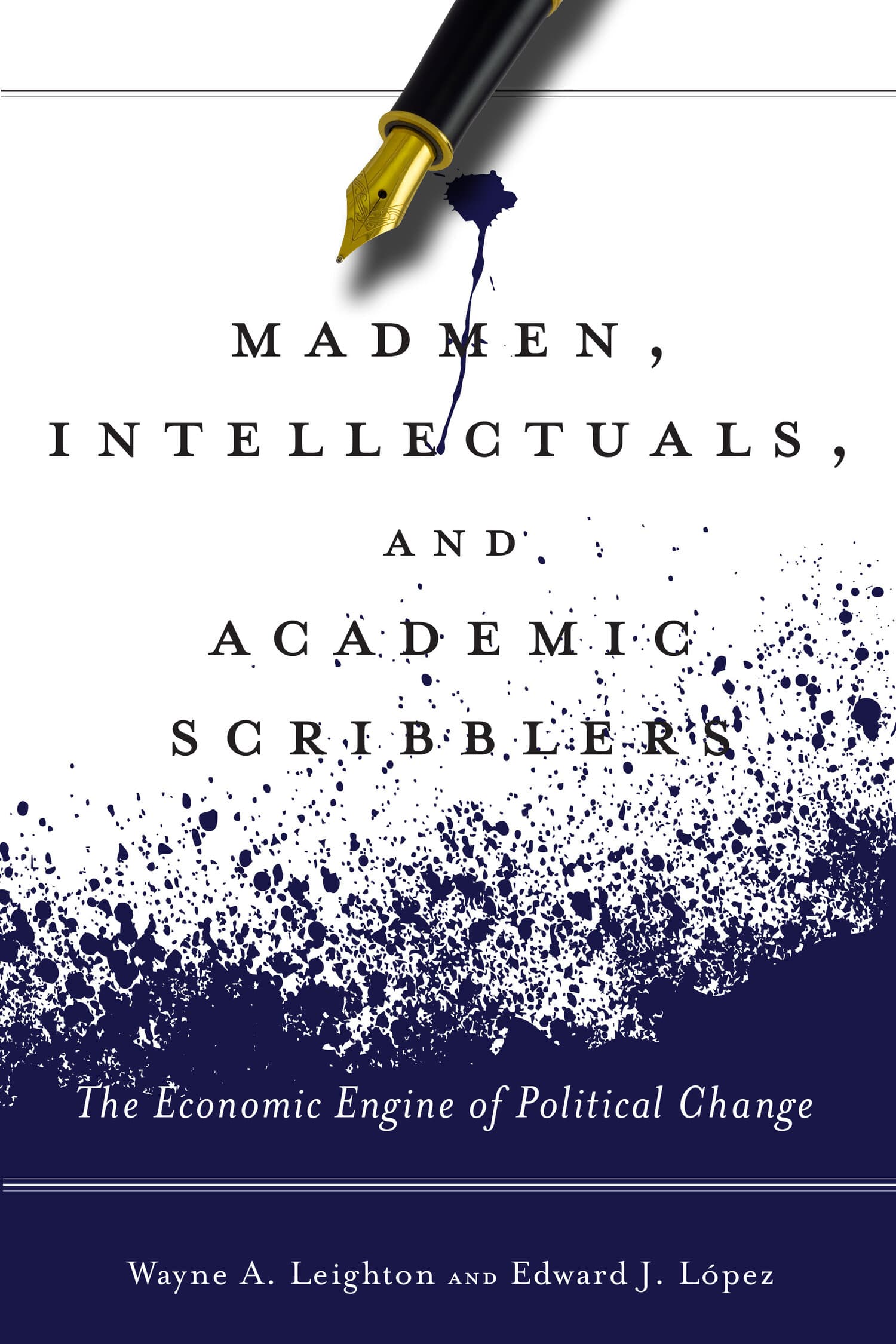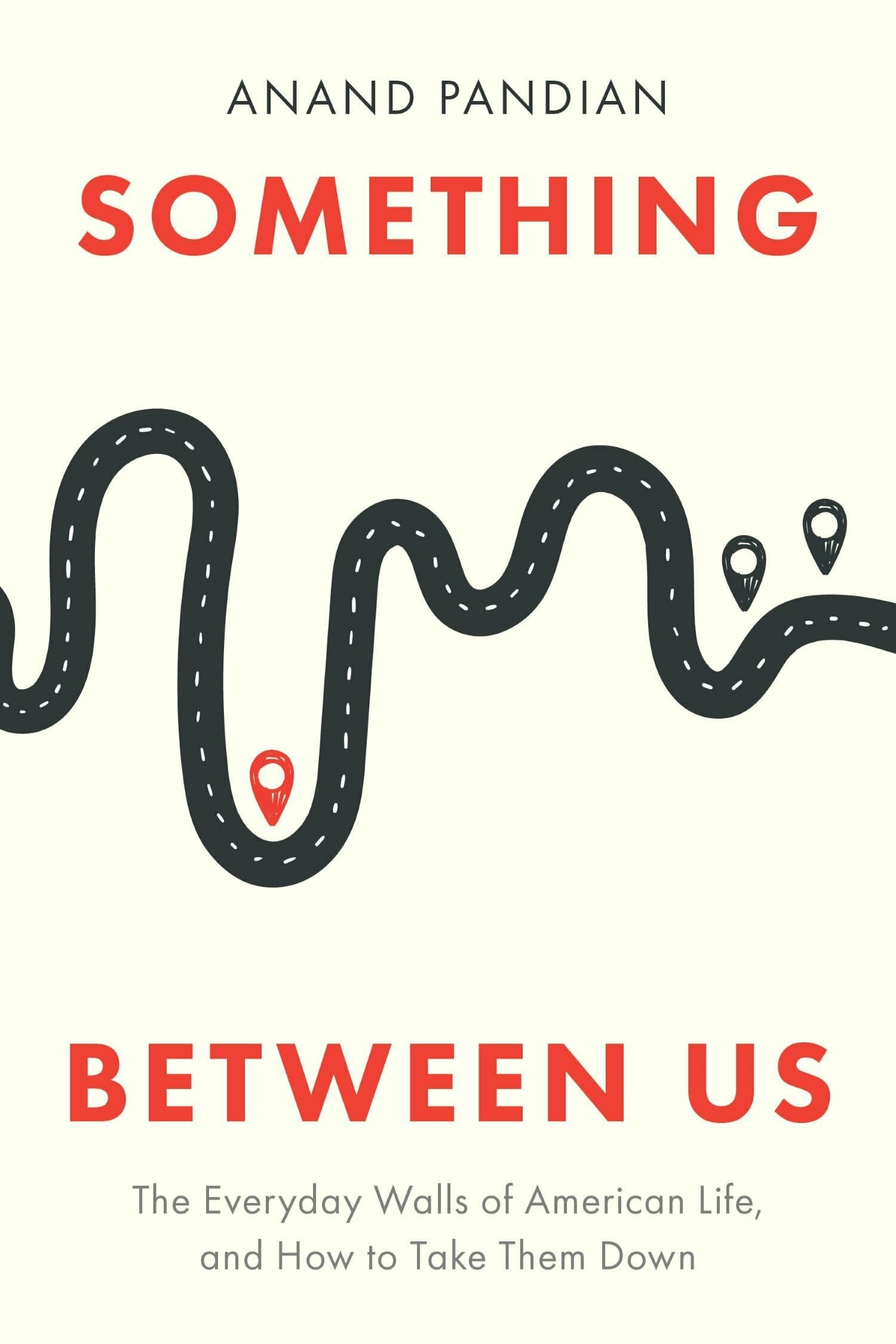WTF?!

Step right up! Get your tickets for WTF?! An Economic Tour of the Weird! This rollicking tour through a museum of the world's weirdest practices is guaranteed to make you say, "WTF?!" Did you know that "preowned" wives were sold at auction in nineteenth-century England? That today, in Liberia, accused criminals sometimes drink poison to determine their fate? How about the fact that, for 250 years, Italy criminally prosecuted cockroaches and crickets? Do you wonder why? Then this tour is just for you!
Join WTF?!'s cast of colorful characters as they navigate the museum, led by guide and economist Peter T. Leeson. From one exhibit to the next, you'll overhear Leeson's riotous exchanges with the patrons and learn how to use economic thinking to reveal the hidden sense behind seemingly senseless human behavior—including your own. Leeson shows that far from "irrational" or "accidents of history," humanity's most outlandish rituals are ingenious solutions to pressing problems—developed by clever people, driven by incentives, and tailor-made for their time and place. Can you handle getting schooled by the strange? Better hurry, the tour is about to start!
"This book has a surprise—not to mention a puckish joke—on every page. It's strange, it's fascinating, and it's one of the most original books I've ever read."—Tim Harford, author of Messy and The Undercover Economist
"Your initial reaction might be WTF!? How can medieval trials by ordeal, wife sales, and divine curses all boil down to rational economic behavior? But, Leeson will lead you deftly through the logic and history behind these seemingly senseless rituals. Keep an open mind and this book will surprise, teach, and entertain!—Andrei Shleifer, Harvard University
"A fascinating tour of some of the world's strangest customs and behaviors, led by a brilliant, funny, and eccentric tour guide dedicated to the proposition that no matter how strange it looks, there's always a reason for it—and a lesson to be learned by discovering that reason. It's okay to gawk, says our tour guide, but it's even better to empathize and, armed with Leeson's insights, there's no reason why we can't do both."—Steven E. Landsburg, University of Rochester, author of The Armchair Economist
"Pete Leeson is not your everyday economist. And WTF is not an ordinary economics bookan excellent primer on institutional analysis and an important addition to the literature on cultural beliefs, institutions, and economic analysis."—Mark Koyama, Review of Austrian Economics
"This book is what happens when a professor of economics and law with a love of the curious examines what looks like irrational behaviour....Excellent."—Fortean Times
"[B]rilliant logic...this book is downright fun...enjoyable as much for entertainment as enlightenment...You don't need to care one bit about economics or social theory to enjoy this book. Conversely, if you hate fun and frivolity and care only for social science, you'll find serious economic theory in WTF?! If you don't find the world more fascinating and enjoyable, and people more ingenious and clever, after reading WTF?!, something might be wrong with you!"—Isaac Morehouse, Founder and CEO of Praxis
"A very effective book within the Beckerian tradition."—Tyler Cowen, Marginal Revolution
"Leeson makes a serious effort to find out the legal details, social norms, and institutional incentives that constrained the choices people faced in bygone times. He then applies economic theory creatively to understand why people facing those constraints benefited from the seemingly weird and outrageous practices....Detailed but very accessible analysis."—Dwight R. Lee, Cato Journal
"Peter Leeson's WTF?! An Economic Tour of the Weird is a brilliant and witty expedition into some of history's most unusual social institutions.... WTF?! is a rare and wonderful contribution to social science. It shows us the power of parsimonious thinking. It demonstrates the value of bringing rich, historical knowledge to the foreground. It is lively and accessible, and by the end of the book, readers will have learned much about social institutions, and more generally, how to analyze them. Highly recommended."—David Skarbek, Public Choice




